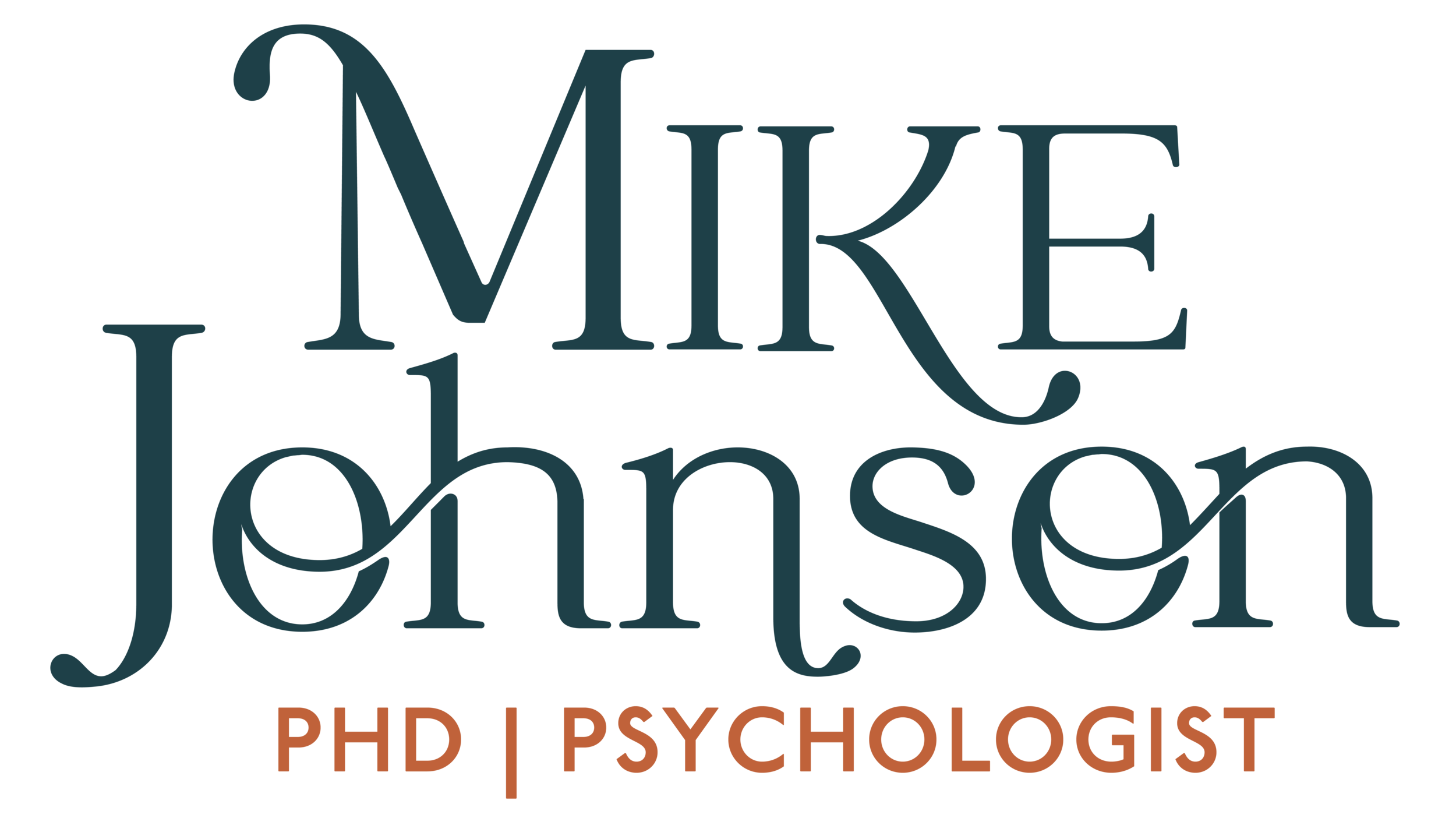Why Self-Reflection Matters For Wellness
Learn how to self-reflect to improve your well-being.
So many of our habits, patterns of behavior, and pre-set programming are buried in our subconscious. They operate in a sort of “control room”, directing how we think, feel, and act, oftentimes hurting our well-being. If we want to be in control, we need to see into the "control room", beyond the conscious mind, and change some of the programming we no longer benefit from. One way to access the unconscious is through self-reflection—i.e., putting a mirror up to ourselves and analyzing what we see or feel as objectively as possible so that we can better understand ourselves and how we think, feel, and behave. But how do we engage in this type of deep self-reflection?
Prep for Self-Reflection
Some self-reflectors begin with a short meditation, maybe several deep breaths, or some rhythmic breathing to quiet their thoughts. Perhaps you prefer to imagine yourself pulling on imaginary reins to quiet your prancing mind, or some other creative imagination activity appropriate to you that mellows your mind.
Of course, penetrating the unconscious can be illusive. Sometimes deep self-reflection may feel like you are trying to tame a raging sea, so talk yourself down, if that helps, and ask yourself questions to get at the heart of your matter. If answers are not forthcoming, then give it some time, and return to any thoughts or questions later when you are feeling open to learning more about yourself. Let busy thoughts fly away and focus on your goal—to know yourself better.
Identify The "What" of Self-Reflection
Once you feel calm and quiet, direct your focus inward. Choose a particular issue you want to change. Pull up a memory of an important incident.
Ask yourself:
● What do you notice in your body as you focus on this issue?
● What does it make you feel?
● What does it make you think?
Identify the "Why" of Self-Reflection
With your mind quieted, try to look deeper. Intend to go back to the most pivotal point related to this memory. What did you feel, think, or do? Now, go a layer deeper, and ask yourself: Why did you think, feel, or do these things?
These kinds of inner search-and-discovery missions through self-reflection can get challenging, so take your time. Once you’ve descended into the depths of your unconscious, the work has begun and it will most likely continue until some major issues are better understood, if not completely resolved.
Observe Yourself with This New Insight
Next, observe yourself living your life, in the present. Try to "catch yourself" when your unconscious is in control, leading you to feel, think, and act in ways that bother you. Through self-reflection your self-awareness will grow. Once you are aware of your inner programming, you are on the path to authenticity and greater control over your life.
Use Self-Reflection as a Tool for Change
The next step is to cultivate the desire to change behaviors that bother you. After identifying any problematic aspects of yourself, take the wheel and slowly shift your behavior in ways that better represent how you want to be.
If you thought “that issue” was “fixed” but it comes back, self-reflect once again to see if you missed something important. It’s not easy to change ourselves/our behavior, and it may take several attempts to get it “right,” so keep at it each time a behavior you don’t like surfaces.
Self-Reflect with Self-Compassion
Be gentle with yourself as you self-reflect. The goal is not to judge your past choices, but to reflect on them, learn from them, and make whatever changes you feel are appropriate for you in the here and now. As you build new habits through self-awareness, you can become more balanced, healthy, and happy.

